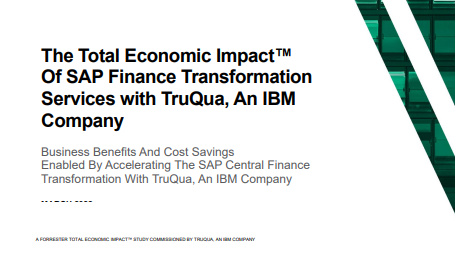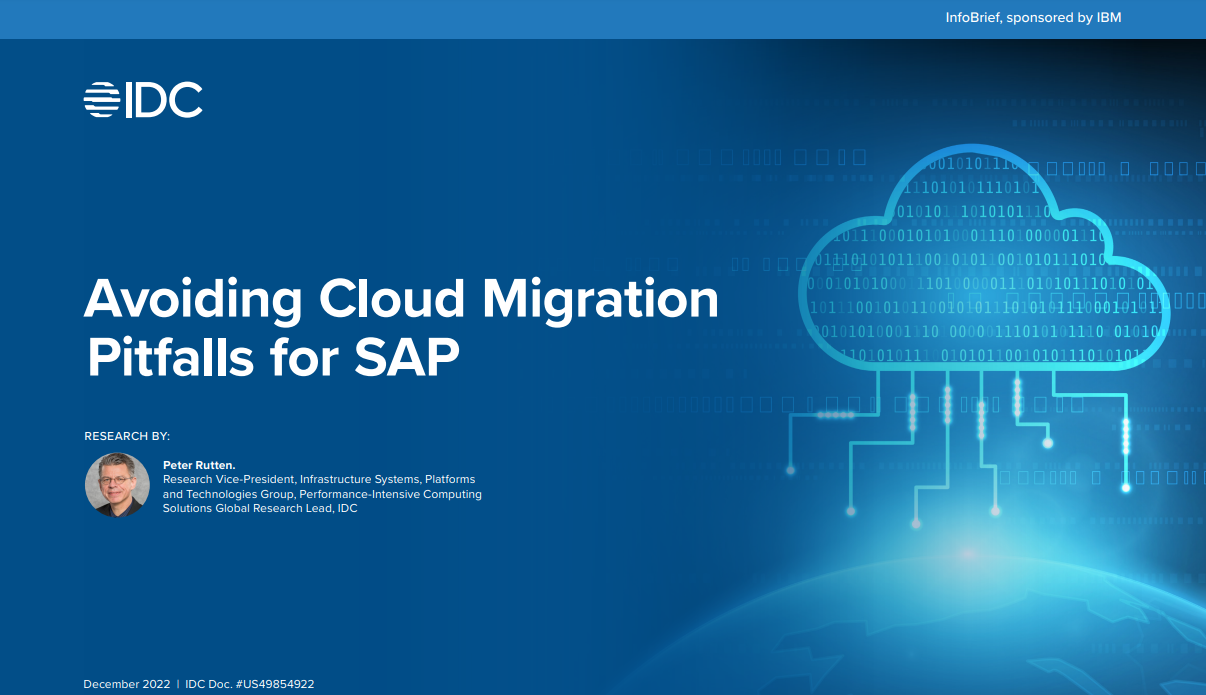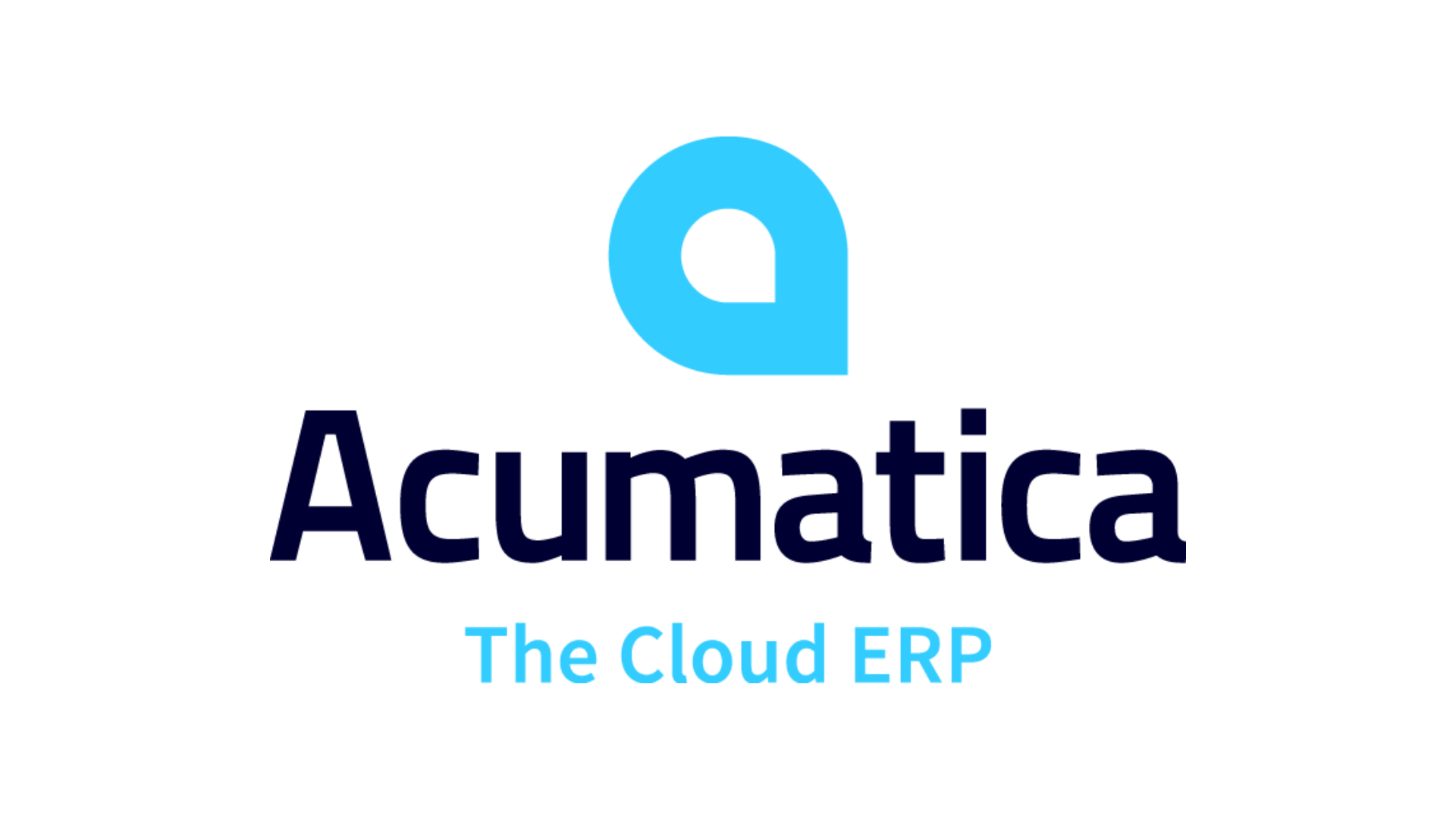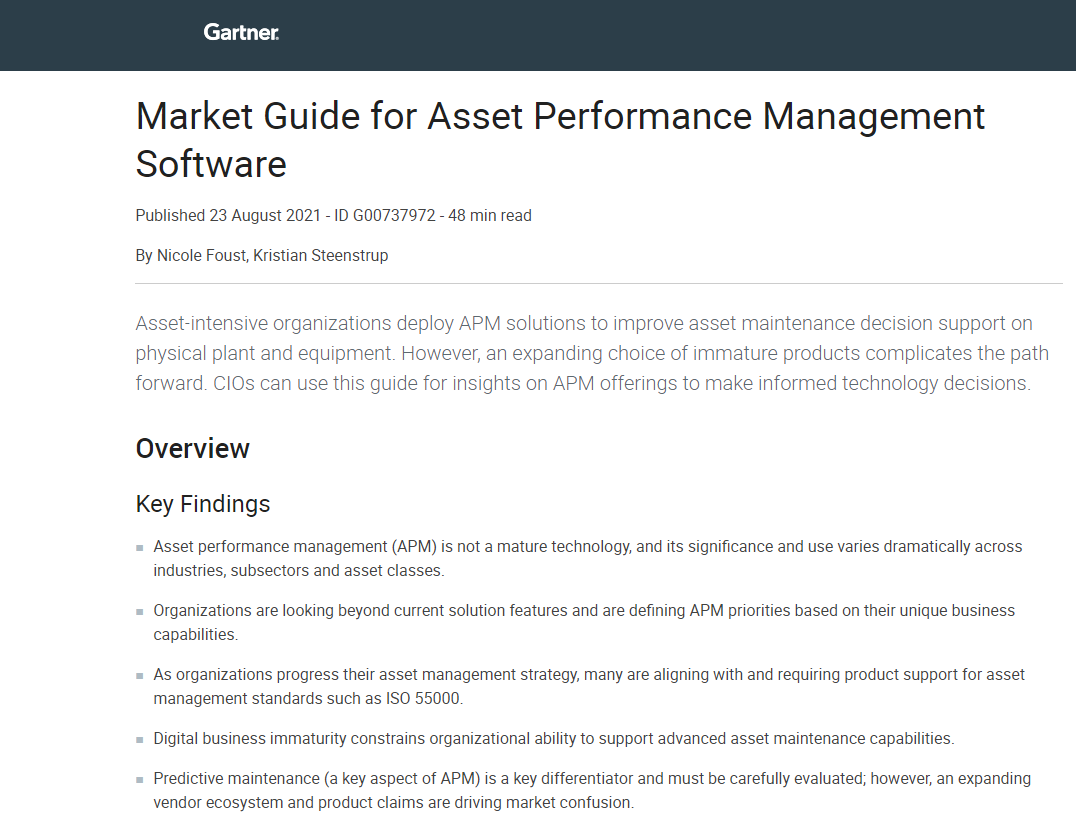Toilet paper, generator failures, and penguins: How IBM Maximo is being used for Antarctic research missions
Polar Medal recipient Steven Marshall tells IT Pro about managing some very demanding workloads from over 10,000 miles away


Antarctica might not seem like the most obvious setting for IBM's enterprise asset management platform Maximo. However, once you consider the very unique needs of conducting research missions in the South or North Pole alike, it really does seem like the kind of place that would require specific management solutions.
“The next step from working in Antarctica is working in space really,” says Steven Marshall, head of Governance, Risk and Assurance at the British Antarctic Survey (BAS). Marshall has two decades of experience working for BAS, having been a base commander in the Antarctic station for six years before becoming a health and safety adviser. In 2005, he was awarded the prestigious Polar Medal.
Marshall is right in his comparison. In a way, Antarctica really isn’t far off the conditions of space: Freezing temperatures, vast emptiness, and few living organisms, if you don’t count the 18 species of penguins, majority of which live on the outer points of the Antarctic Peninsula.
Despite its desolate landscapes, Antarctica contains an abundance of interesting data, which is collected by researchers, compiled, and sent to the BAS headquarters in Cambridge. A lot of data within Antarctic missions isn’t just research: It’s also the massive amounts of planning which goes into ensuring the safety and smooth operation of the research bases.
However, any lack of connectivity can cause serious errors in the bases’ operations and communications with HQ.
“It’s a very small bandwidth of data between our stations in Antarctica and that causes a real headache of knowing what’s the procedure, who's working from what spreadsheet,” says Marshall.
This is where IBM Maximo steps in, in order to “try and remove the errors from that point”. As BAS’ main asset management system and combined with technology from Manchester-based firm SRO Solutions, Maximo allows data to be successfully shared between the Cambridge HQ and the remote stations in Antarctica.
Get the ITPro daily newsletter
Sign up today and you will receive a free copy of our Future Focus 2025 report - the leading guidance on AI, cybersecurity and other IT challenges as per 700+ senior executives
“We're using Maximo to deliver our main maintenance, asset management across our whole infrastructure in our polar regions and our vessels. So not just stations, but our ships as well,” Marshall tells IT Pro.
“But equally, we utilise that to add elements of function, which are key processes like cargo management, training, management, and some of the safety information like incident reporting, risk assessment, and all that,” he adds.
Prior to Maximo, BAS relied on the AMOS management system.
“We still do, in some cases,” says Marshall. However, the organisation was in need of something “big enough to grow into” as well as provide an opportunity for reconfiguration and replication.
The latter is especially important, because SRO's data replication engine can work with Maximo to allow every BAS base station to have access to a local version of the latest available data, ensuring that they aren’t dependent on sourcing it from Cambridge HQ. The replication engine, called SDR, replicates the data as soon as there is some network available – which, due to the difficult conditions, can be very intermittent.
RELATED RESOURCE

Six things a developer should know about Postgres
Why enterprises are choosing PostgreSQL
Another, simpler reason as to why Maximo was chosen was its accessibility and that it didn’t require “special software on every PC to operate it”.
“A lot of systems still do that,” says Marshall. “You have to then download it onto your computer, whereas [Maximo] is a web browser system. So it makes it easy to access and it's one of the best in class, so it’s also got its credentials.”
Polar research missions usually face very unique sets of challenges. From generator failures and connectivity issues, every obstacle can have grave consequences if not handled properly. This means that expeditions have to plan the smallest logistical details.
“I call them critical processes we have to deliver in order to maintain the resilience of running an operation in such a remote part of the world,” says Marshall. “If we don't get the right quantity of toilet paper delivered to the Antarctic, things could be quite difficult for the guys if it's during the winter.”
In fact, due to its remote location and lack of regular travel connections, the supply chain for delivering products required in the Antarctic bases takes around a year, as they are planned for the following expedition.
“That person who wanted the toilet roll might not get it for more than a year,” explains Marshall. “So that’s part of our thinking all the time, and that's why we have plenty of toilet paper. (...) It's having that intelligence through the data.”
This is why BAS required a system capable of simplifying the ordering process, having the exact type and cost of the toilet paper already in the system. In that way, someone in Antarctica would be able to scan one barcode and the BAS HQ would know exactly what to reorder and in what quantities – next year.
“As we say, things can go wrong quite quickly, and the consequences in Antarctica can be very severe. So we've had episodes in the past where maybe a generator fails, and we don't have spares for it on the ground, or if we haven't done the right maintenance, so it’s having a better, stronger system to make sure some of those quality, critical things take place,” says Marshall.
However, the stressful situations are no longer a regular occurrence, thanks to BAS’ detailed planning policies and, with IBM Maximo, Marshall says that the main benefit is being “more intelligent in our ways of remote management”.
In fact, if not for the remote management, the procedures would be extremely difficult due to the high turnover of polar researchers, who usually operate on 18-month contracts. Thanks to the system, however, the new incoming batch of personnel can arrive in the Antarctic and already know where to find all the work plans and risk assessments, how to report potential injuries, as well as find out how previous teams handled issues such as generator failures.
“We do the extreme in mapping remote management,” Marshall explains – and even that can be treated as an understatement.
Having only graduated from City University in 2019, Sabina has already demonstrated her abilities as a keen writer and effective journalist. Currently a content writer for Drapers, Sabina spent a number of years writing for ITPro, specialising in networking and telecommunications, as well as charting the efforts of technology companies to improve their inclusion and diversity strategies, a topic close to her heart.
Sabina has also held a number of editorial roles at Harper's Bazaar, Cube Collective, and HighClouds.
-
 Google faces 'first of its kind' class action for search ads overcharging in UK
Google faces 'first of its kind' class action for search ads overcharging in UKNews Google faces a "first of its kind" £5 billion lawsuit in the UK over accusations it has a monopoly in digital advertising that allows it to overcharge customers.
By Nicole Kobie
-
 Neural interfaces promise to make all tech accessible – it’s not that simple
Neural interfaces promise to make all tech accessible – it’s not that simpleColumn Better consideration of ethics and practical implementation are needed if disabled people are to benefit from neural interfaces
By John Loeppky
-
 How Crew Clothing went mobile to turn around a struggling business
How Crew Clothing went mobile to turn around a struggling businessCase Study Mobile sales tech unleashed a tide of change, buoying further growth across the UK coast-inspired casualwear chain
By Fleur Doidge
-
 The Total Economic Impact™ of SAP finance transformation services with TruQua
The Total Economic Impact™ of SAP finance transformation services with TruQuaWhitepaper Business benefits and cost savings enabled by accelerating the SAP central finance transformation
By ITPro
-
 Avoiding cloud migration pitfalls for SAP
Avoiding cloud migration pitfalls for SAPWhitepaper Determining the best approach to SAP HANA
By ITPro
-
 IDC: The business value of IBM Maximo
IDC: The business value of IBM MaximoWhitepaper Integral to the transformation of asset management
By ITPro
-
 What to expect from Oracle CloudWorld 2022
What to expect from Oracle CloudWorld 2022Opinion Larry Ellison and co are heading to Las Vegas for a rebranded cloud-centric show
By Bobby Hellard
-
 Acumatica reinforces channel focus with new Services Partner Program
Acumatica reinforces channel focus with new Services Partner ProgramNews New initiative will see service partners join the cloud ERP provider’s VARs and ISVs
By Daniel Todd
-
 Microsoft announces Teams chat integration for Dynamics 365
Microsoft announces Teams chat integration for Dynamics 365News The integration offers features to streamline collaboration between teams while aiming to enable the faster closing of sales
By Daniel Todd
-
 How to choose APM software for your business
How to choose APM software for your businessWhitepaper A market guide to Asset Management Performance software
By ITPro